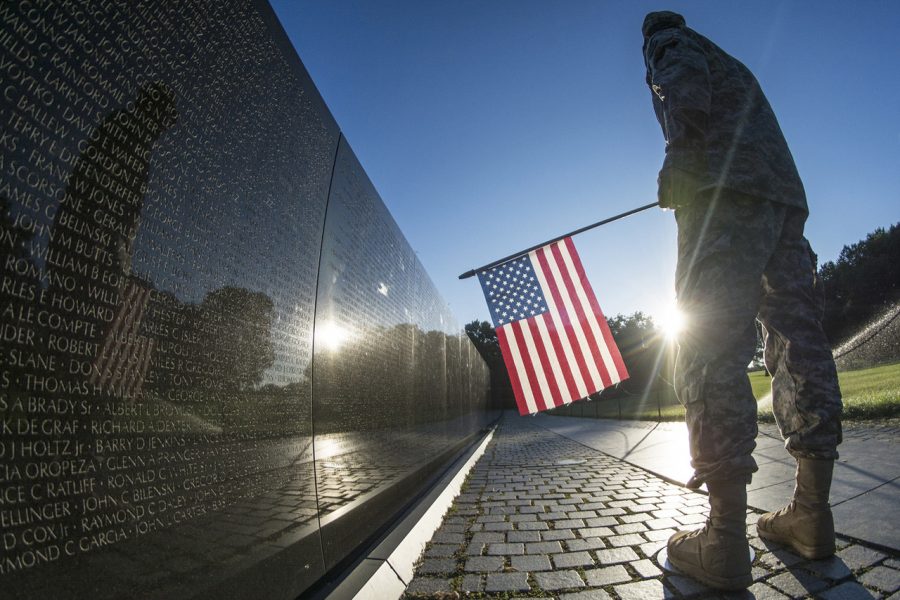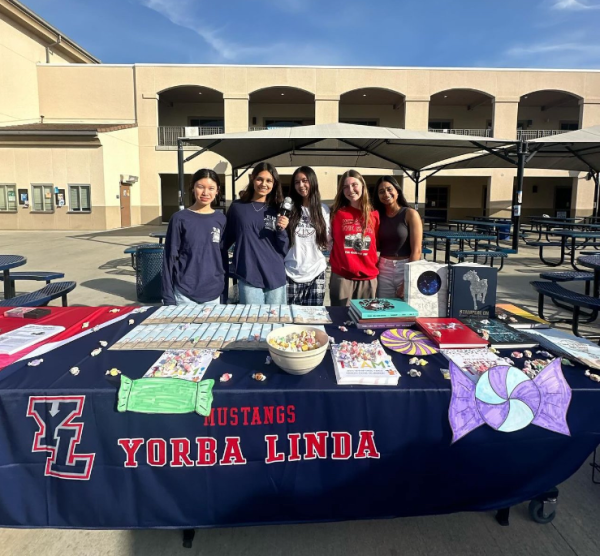Behind Some of Our Most Influential National Holidays
At the Vietnam Veterans Memorial in Washington, D.C. an American soldier observes the names on “The Wall” of the memorial.
January 18, 2020
Veterans Day, Martin Luther King Day, Presidents’ Day, Memorial Day and more — these popular American holidays all have a significant cultural and historical background profoundly affecting American history and the modern era. But their popularity is already amplified among students for the one-day vacation that most schools give for a national holiday. But do students recognize the historical significance of the special holidays that gift them an extra special day without school once a year?
Many national holidays feature an extremely rich history that reinforces the justification of being celebrated across the nation. Martin Luther King, for example, is renowned for his non-violent activism advocating for equal civil rights for all American citizens regardless of racial background. In the honor of King’s lifelong struggle for equal rights in the face of racism, Martin Luther King Day is now celebrated each year on the third Monday of January. Joyce Lin (10) unanimously agrees with the nationwide celebration of the famous activist, claiming that “the United States might not be as diverse and modern as it is today without his activism.”
Similar to Martin Luther King Day, Presidents’ Day is observed each year on a day between February 15 to 21, in honor of the first President George Washington, who was born on February 22. The day, which formerly was exclusively to celebrate President Washington, is now an occasion to honor all Americans who have served as president.
Another famous national holiday within the States is celebrated each year on November 11th. Veterans Day is an American holiday set to honor the bravery of all American veterans, whether alive or deceased. Veterans Day is distinguished from the very similar Memorial Day held on the last Monday of May each year for honoring all veterans, whereas Memorial Day celebrates exclusively the veterans that have died in war or from battle injuries. However, Veterans Day was formerly known as Armistice Day, originally set to honor the end of World War I, which took place on November 11, 1918, and thus established to celebrate veterans who served in World War I. However, after undergoing a second World War and the Korean War, the American Congress replaced the “Armistice” with “Veterans,” thereby changing November 11th into a day to honor all American veterans who have served in the Armed Forces.
National holidays are frequently appreciated by students for the 24-hour break from school that comes along with it, but many of our most well-known and widely celebrated holidays have had a special history of immensely influencing and shaping the modern world we see and experience today.





















